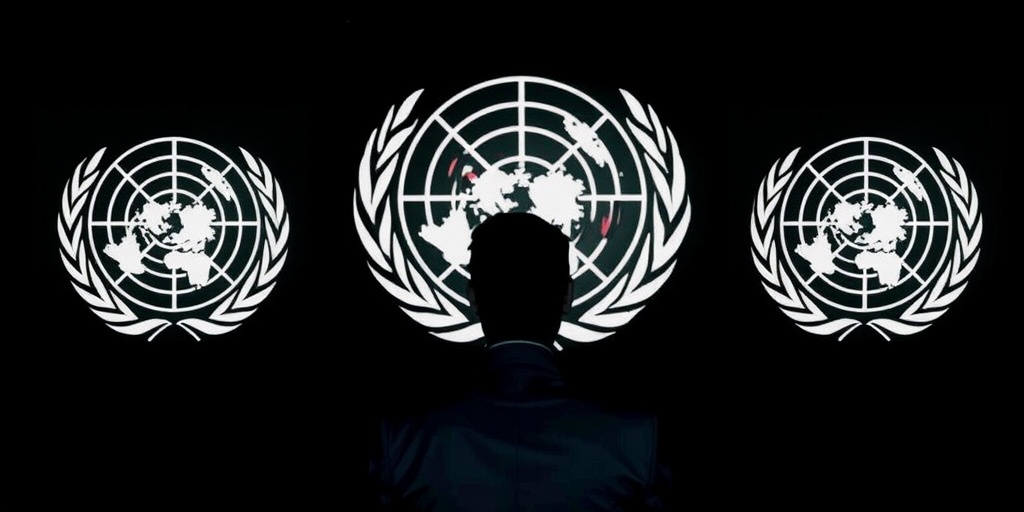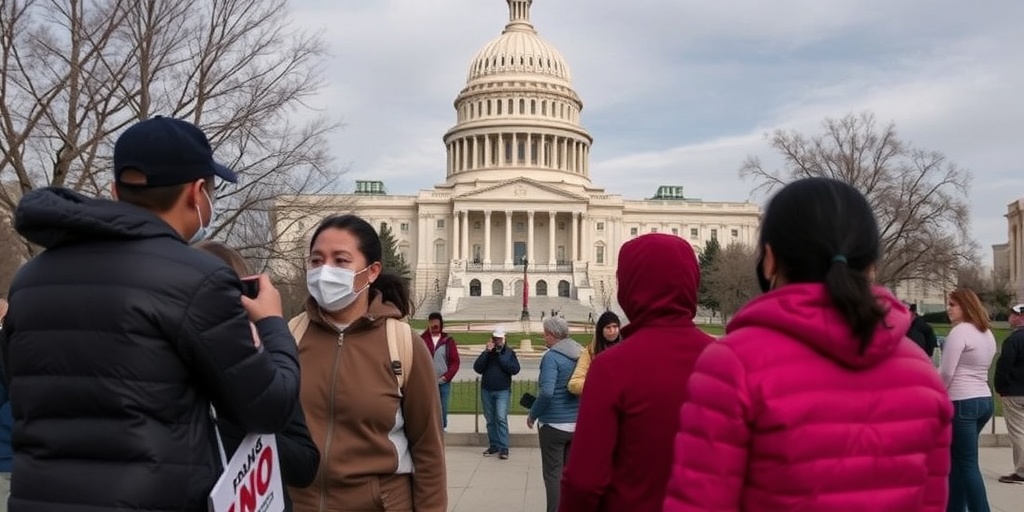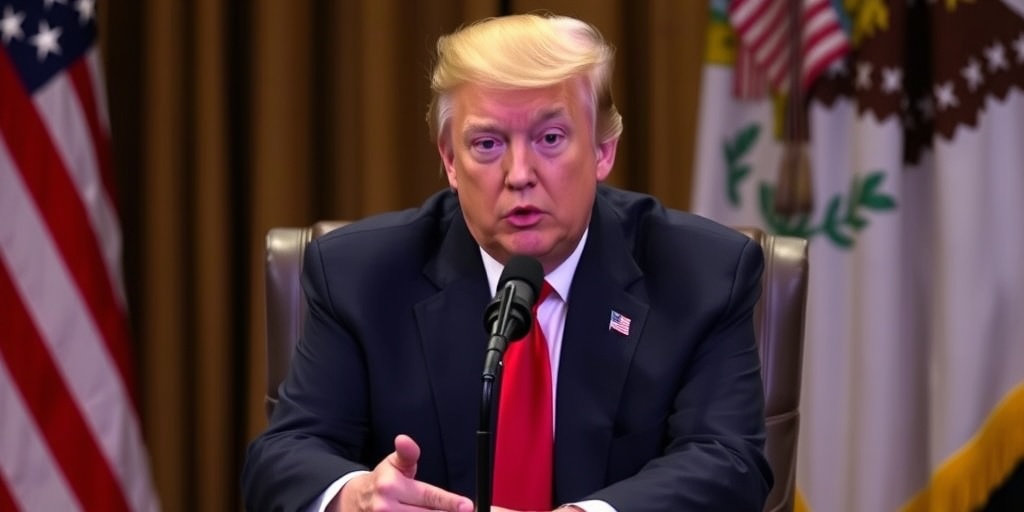Now Reading: Trump Exits World Health Organization
-
01
Trump Exits World Health Organization
Trump Exits World Health Organization

President Trump Initiates Withdrawal from World Health Organization
In a significant development on Monday, President Trump announced the United States’ decision to withdraw from the World Health Organization (W.H.O.), a move that has raised concerns among public health experts regarding its impact on the country’s global health leadership and its preparedness for future pandemics.
This decision comes as no surprise, as President Trump has been critical of the W.H.O. since the onset of the coronavirus pandemic in 2020. His administration publicly attacked the agency for its handling of the crisis and threatened to halt U.S. funding, citing perceived inefficiencies and alleged biases, particularly concerning China’s role in the pandemic response. Notably, despite his threats post-election in 2020, an immediate withdrawal was not pursued until now.
The implications of this withdrawal are significant. By exiting the W.H.O., the Centers for Disease Control and Prevention (CDC) would lose access to crucial global health data, which includes vital information used in tracking and combating health crises. For instance, during the early days of the pandemic, China shared the genetic sequence of the novel coronavirus with the W.H.O., which promptly disseminated this information to other member nations, enabling a more coordinated global response.
Recently, the W.H.O. has been at the center of conservative criticism, particularly regarding its efforts to establish a “pandemic treaty.” This treaty aims to improve global pandemic preparedness through legally binding commitments among member countries. It focuses on key areas such as enhanced surveillance of pathogens, rapid data sharing during outbreaks, and bolstering local pharmaceutical manufacturing and supply chains for vaccines and treatments. However, many Republican lawmakers in the U.S. have viewed this treaty as an infringement on American sovereignty, raising alarms about potential overreach.
The breakdown of treaty negotiations last year has further fueled dissent, leading to heightened scrutiny of the W.H.O.’s purpose and effectiveness. Experts like Lawrence O. Gostin, a public health law specialist at Georgetown University who played a role in negotiating the treaty, have characterized the U.S. withdrawal as not only detrimental to global public health but also as potentially harmful to national security interests. He referred to this move as “a grievous wound” to public health and an “even deeper wound” to American national interests.
Established in 1948 with substantial input from the United States, the W.H.O. operates as a specialized agency of the United Nations. Its mission, detailed on its official website, is to tackle the major health challenges of contemporary society and to improve the overall well-being of the global population. The organization’s work encompasses a wide range of activities, from providing assistance to regions beset by conflict, such as Gaza, to monitoring and responding to emerging epidemics like Zika, Ebola, and more recently, Covid-19.
The W.H.O.’s annual budget is approximately $6.8 billion, with the United States traditionally contributing a significant proportion of this funding. As per Mr. Gostin, the process for the U.S. to formally withdraw from the organization will span an extended period. A joint resolution, passed by Congress when the W.H.O. was founded, outlines procedures for withdrawal, mandating that the U.S. provide one year’s notice and fulfill its financial obligations to the agency for the current fiscal year before any exit can be effectively implemented.
The decision to withdraw from such a pivotal global health organization has sparked debates among lawmakers, public health officials, and global leaders. Many experts warn that isolationist policies in public health can lead to increased vulnerability in facing global challenges. As countries worldwide are interconnected more than ever, the repercussions of the U.S. pulling back from the W.H.O. have potential ramifications that could affect not only American public health but also global health security.
Moving forward, the question remains: what will be the long-term consequences of the U.S. withdrawal from the W.H.O. on its health initiatives, its response to global health crises, and its relationships with other countries that depend on U.S. leadership in health matters? As discussions around the future of global health governance evolve, the actions taken by the U.S. will likely set a precedent for international collaboration—or a retreat into isolation.
Stay Informed With the Latest & Most Important News
Previous Post
Next Post
Previous Post
Next Post
-
 01New technology breakthrough has everyone talking right now
01New technology breakthrough has everyone talking right now -
 02Unbelievable life hack everyone needs to try today
02Unbelievable life hack everyone needs to try today -
 03Fascinating discovery found buried deep beneath the ocean
03Fascinating discovery found buried deep beneath the ocean -
 04Man invents genius device that solves everyday problems
04Man invents genius device that solves everyday problems -
 05Shocking discovery that changes what we know forever
05Shocking discovery that changes what we know forever -
 06Internet goes wild over celebrity’s unexpected fashion choice
06Internet goes wild over celebrity’s unexpected fashion choice -
 07Rare animal sighting stuns scientists and wildlife lovers
07Rare animal sighting stuns scientists and wildlife lovers




















